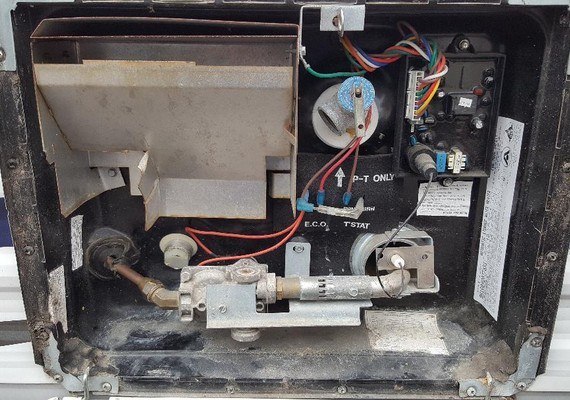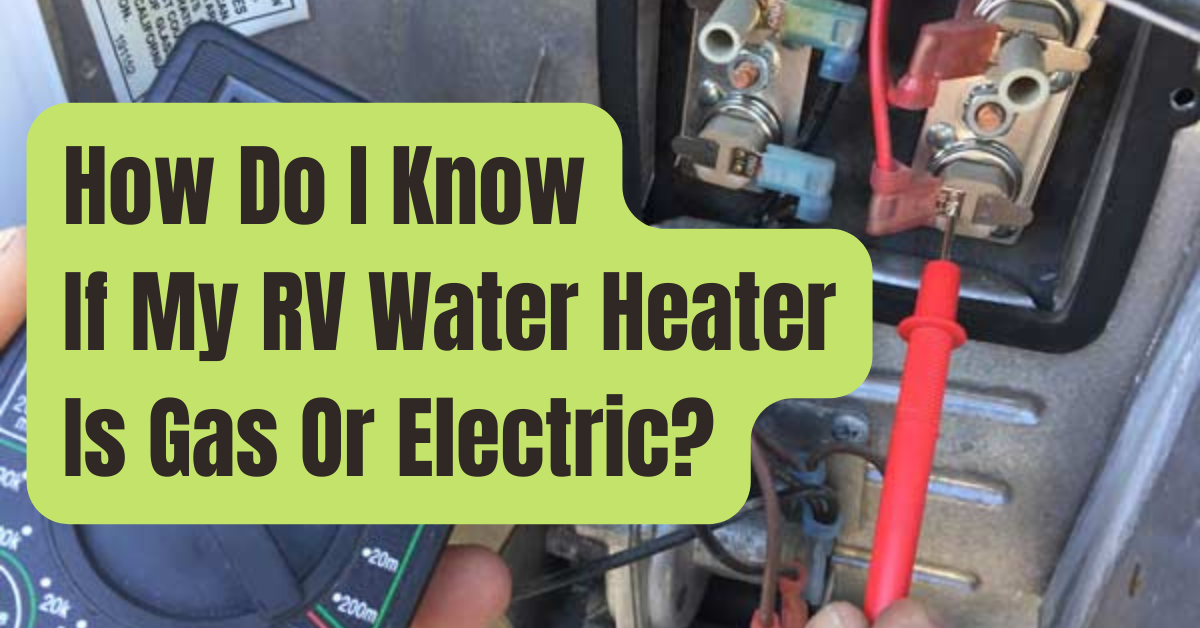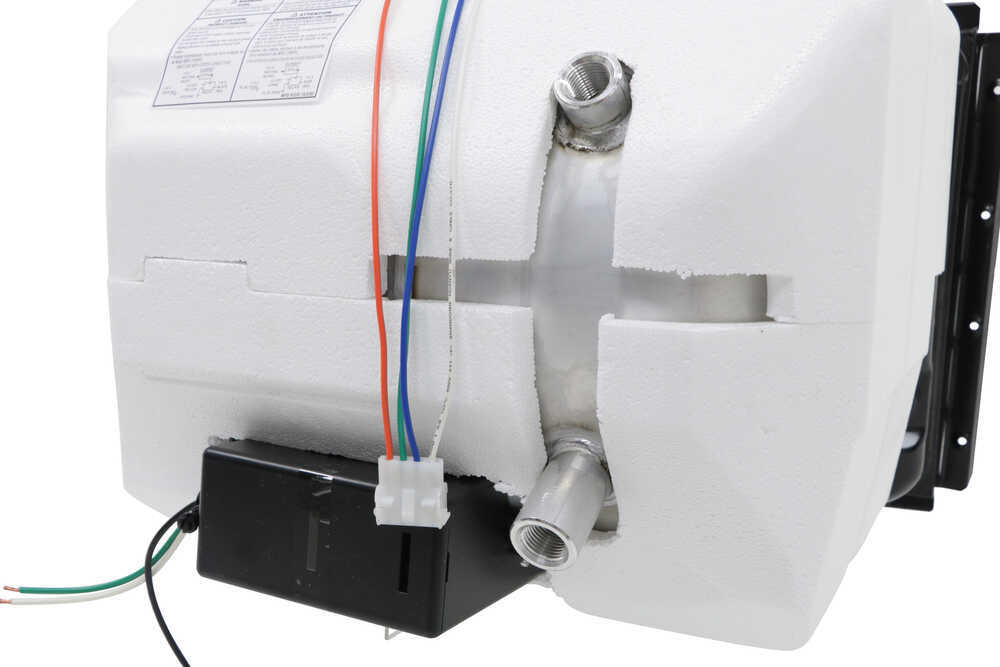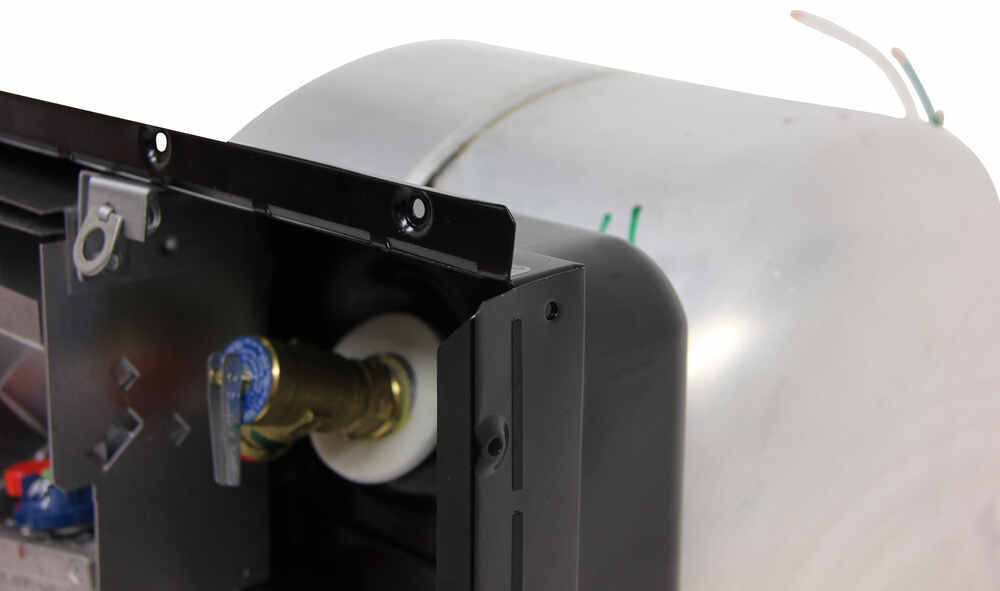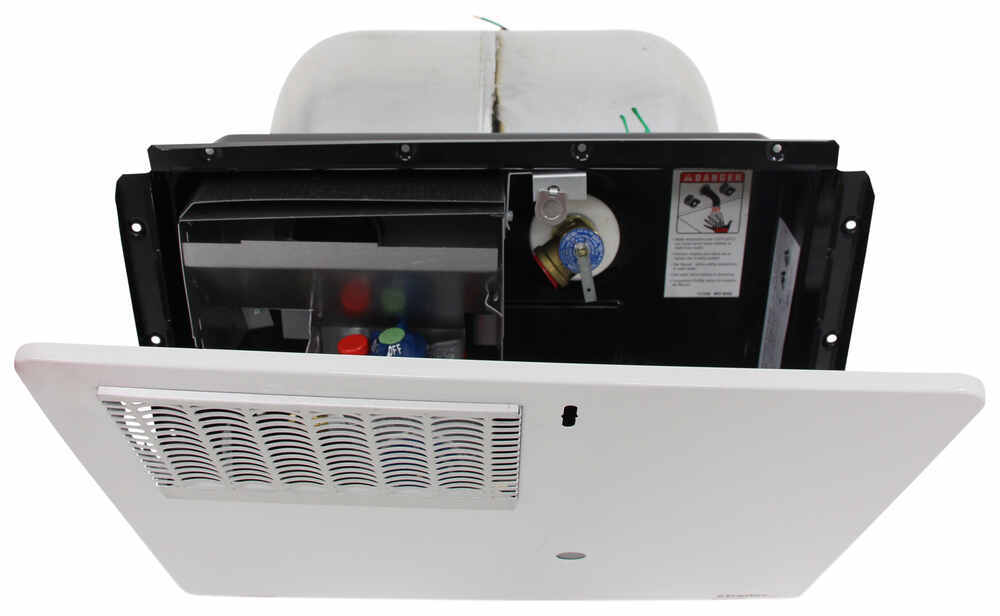Rv Water Heater Gas And Electric Same Time
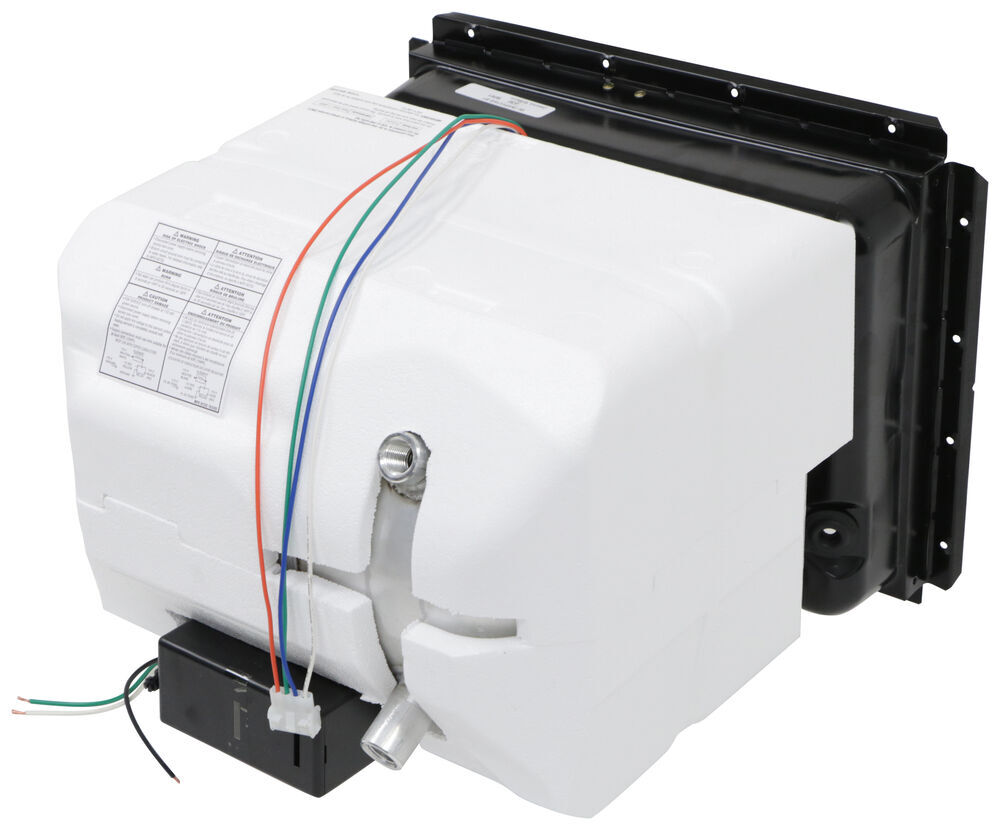
Understanding RV Water Heaters: Can You Run Gas and Electric Simultaneously?
For RV owners, reliable hot water is a crucial comfort. Many RVs come equipped with water heaters that offer both gas (propane) and electric heating options. But a common question arises: can you run both gas and electric at the same time? The short answer is yes, and in many situations, it's even recommended. This guide will delve into the advantages, disadvantages, safety considerations, and practical applications of using both gas and electric heating simultaneously in your RV water heater.
The Basics of RV Water Heaters
RV water heaters are generally smaller than residential units, typically ranging from 6 to 12 gallons. They function similarly, heating water in a tank for showers, dishwashing, and other needs. The key difference lies in the power sources: propane and electricity.
Propane (Gas) Water Heaters: These heaters utilize a propane burner to heat the water tank directly. They are often quicker to heat water than electric-only models, especially from a cold start. They are also ideal for boondocking or camping where electrical hookups aren't available.
Electric Water Heaters: These heaters use an electric heating element submerged in the water tank. They are convenient when connected to shore power, as they don't consume propane. However, they generally heat water more slowly than propane models and draw a significant amount of electricity, potentially straining your RV's electrical system.
The Benefits of Running Gas and Electric Together
Running both gas and electric simultaneously offers several advantages:
- Faster Heating: The most significant benefit is the combined heating power. Both the propane burner and the electric element work together to heat the water much faster than either one alone. This is particularly useful when heating a large tank or when multiple people need hot water in quick succession.
- Faster Recovery Time: Once hot water is used, the heater needs to reheat the tank to maintain a consistent supply. Using both gas and electric significantly shortens the recovery time, meaning you'll have hot water available again sooner.
- Reduced Propane Consumption (Potentially): While it might seem counterintuitive, using both methods can potentially save propane. By using electric power when available, you can reduce your reliance on propane, which can be more expensive or difficult to refill in certain locations. The electric element maintains the water temperature, lessening the demand on the propane burner.
Potential Drawbacks and Considerations
While running both gas and electric has its advantages, it's important to be aware of the potential drawbacks:
- Electrical Load: Electric water heaters draw a substantial amount of power. Running it simultaneously with other appliances could overload your RV's electrical system, potentially tripping breakers or damaging equipment. Be mindful of your total electrical consumption and avoid running multiple high-draw appliances at the same time.
- Propane Consumption (Under Certain Conditions): While it can save propane in some situations, running both systems continuously without monitoring hot water usage can lead to higher propane consumption. If you have a small tank and rarely use hot water, just using electric is preferable.
- Wear and Tear: While generally not a significant concern, running both systems may increase the overall wear and tear on the water heater components over the long term. However, this is usually outweighed by the benefits of faster heating and recovery.
- Noise: The propane burner can be noisy, especially during ignition and operation. Running both systems means you'll hear the burner more frequently, which might be disruptive in quiet camping environments.
Safety First: Important Precautions
Safety is paramount when dealing with propane and electricity. Always adhere to the following precautions:
- Proper Ventilation: Ensure the water heater compartment is adequately ventilated to prevent the buildup of propane fumes.
- Carbon Monoxide Detector: Install and maintain a working carbon monoxide detector in your RV. Carbon monoxide is a odorless, colorless gas that can be deadly.
- Regular Inspections: Inspect the water heater regularly for any signs of leaks, corrosion, or damage. Pay close attention to the propane lines and connections.
- Professional Maintenance: Have your RV water heater professionally serviced at least once a year to ensure it's operating safely and efficiently.
- Water Heater Bypass: Learn how to use your RV's water heater bypass system. This allows you to winterize the system and prevent damage from freezing temperatures.
- Never Run Dry: Never operate the electric element without water in the tank. This can quickly burn out the element and cause damage.
Popular RV Water Heater Brands and Models
Several reputable brands manufacture RV water heaters with both gas and electric options. Here are a few popular choices:
- Suburban: Suburban is a well-known and trusted brand in the RV industry. They offer a wide range of water heaters in various sizes and configurations. Models like the Suburban SW6DE (6-gallon, gas/electric) and Suburban SW10DE (10-gallon, gas/electric) are popular choices. They boast durable construction and reliable performance.
- Atwood (Dometic): Atwood, now part of Dometic, is another leading manufacturer of RV water heaters. Their products are known for their lightweight design and efficient heating capabilities. Look for the Dometic WH-6GEA (6-gallon, gas/electric) and similar models.
- Girard Products: Girard specializes in tankless water heaters, which provide on-demand hot water without the need for a storage tank. Their tankless models are typically electric-only or gas-only, but they offer a continuous supply of hot water and save space. Consider the Girard 2GWH for on-demand options.
Key Features to Consider: When selecting an RV water heater, consider the following factors:
- Tank Size: Choose a tank size that meets your hot water needs. Smaller tanks are suitable for solo travelers or couples, while larger tanks are better for families.
- BTU Rating (Gas): A higher BTU rating indicates faster heating performance.
- Wattage (Electric): The wattage of the electric element determines its heating power. Higher wattage equals faster heating, but also higher electrical draw.
- Recovery Rate: The recovery rate indicates how quickly the water heater can reheat the tank after hot water is used.
- Warranty: Check the warranty terms and conditions to ensure you're protected against defects and premature failures.
Pricing and Installation
The cost of an RV water heater varies depending on the brand, model, size, and features. Expect to pay anywhere from $300 to $800 for a typical gas/electric water heater. Tankless models are generally more expensive, ranging from $600 to $1500 or more.
Installation can be a DIY project for experienced RV owners, but it's generally recommended to have it done by a qualified technician. Proper installation is crucial for safety and optimal performance. Professional installation typically costs between $200 and $500, depending on the complexity of the job.
Maintenance Tips for Longevity
Proper maintenance is essential to prolong the life of your RV water heater. Here are some key maintenance tips:
- Flush the Tank Regularly: Flush the water heater tank every 6 months to remove sediment and mineral buildup. This helps maintain heating efficiency and prevent corrosion.
- Inspect the Anode Rod: The anode rod is a sacrificial metal rod that protects the tank from corrosion. Inspect it annually and replace it when it's significantly corroded.
- Clean the Burner (Gas): Periodically clean the propane burner to remove debris and ensure proper combustion.
- Check for Leaks: Regularly inspect the water heater and its connections for any signs of leaks.
- Winterize Properly: If you live in a cold climate, winterize your water heater to prevent damage from freezing temperatures. This typically involves draining the tank and using RV antifreeze.
Conclusion: Maximizing Hot Water Comfort in Your RV
Running your RV water heater on both gas and electric simultaneously can provide faster heating, quicker recovery times, and potentially reduce propane consumption. However, it's essential to be aware of the potential drawbacks, such as electrical load and noise. By following the safety precautions and maintenance tips outlined in this guide, you can maximize the comfort and convenience of your RV water heater for years to come. Choose the right model for your needs, ensure proper installation, and prioritize safety for a reliable and enjoyable RV experience. Remember to consider factors like your typical camping style, access to shore power, and hot water usage patterns when deciding whether to run your water heater on gas, electric, or both.
